With AI writing software such as ChatGPT becoming more popular and efficient than ever before, more and more people are using it to save time when writing essays and other assignments. Plagiarism is considered stealing and highly frowned upon, and maintaining integrity and originality in your work cannot be understated, whether you’re a student, professional writer, or content creator. Because of this, there is a great demand for reliable AI content detectors.
Today, we’ll be going over some of the top AI content detectors available, offering an understanding of what each tool does, its use cases, and its respective advantages and limitations. With this guide, you should be able to make an informed choice on which AI content detector is best for you.
Winston AI
Winston AI is a cutting-edge AI content detection tool known for its remarkable accuracy and efficiency. It employs sophisticated algorithms to meticulously scan and compare text for similarities. With a user-friendly interface and support for a wide range of file formats, Winston AI is a top choice for users seeking dependable and real-time content scanning and reporting. However, it’s important to note that its exceptional performance may come at a somewhat higher cost compared to some other options.
Pros:
- High accuracy in detecting duplicate content.
- Supports various file formats.
- Offers real-time scanning and reporting.
- User-friendly interface.
Cons:
- Costs a flat $12 per month in order to scan any text longer than 2,000 words.
Originality.ai
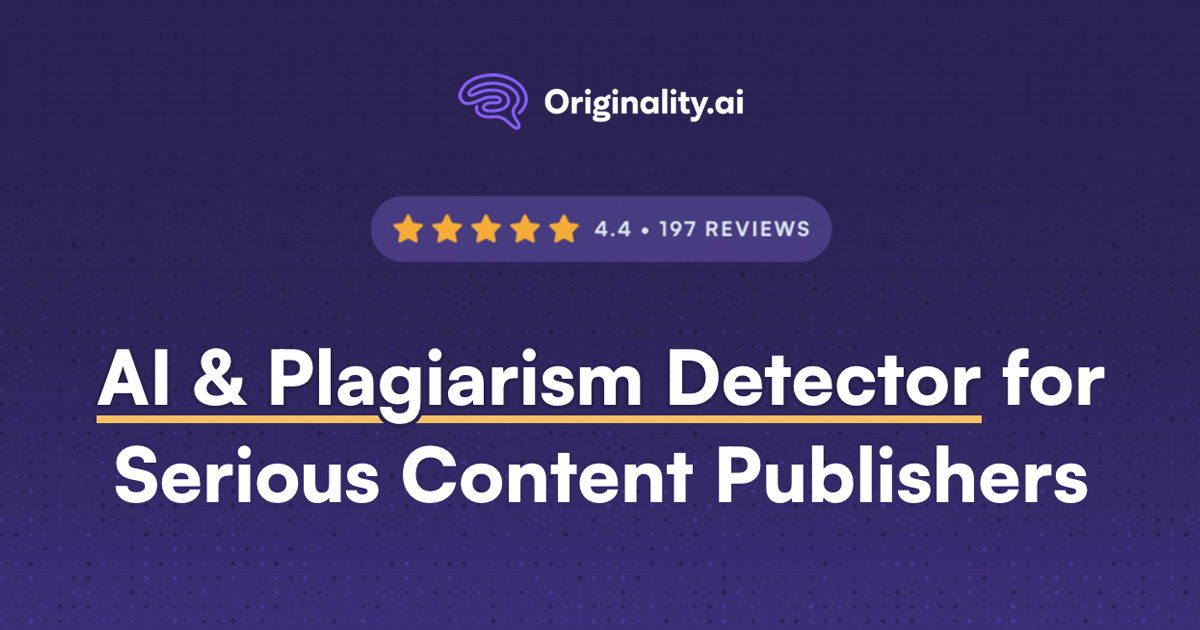
Originality.ai is a robust AI content detector explicitly designed to pinpoint plagiarism and foster originality in both academic and professional settings. With seamless integration into popular learning management systems, it provides comprehensive reports with highlighted similarities. Additionally, Originality.ai goes the extra mile by offering educational resources on plagiarism prevention. Nevertheless, the pricing model can vary based on usage, which is something to consider when opting for this tool.
Pros:
- Accurate plagiarism detection.
- Integration with popular learning management systems.
- Offers comprehensive reports with highlighted similarities.
- Provides educational resources on plagiarism prevention.
Cons:
- Price is on a per-word basis, which can either result in a lower or higher cost depending on your level of usage.
GPTZero
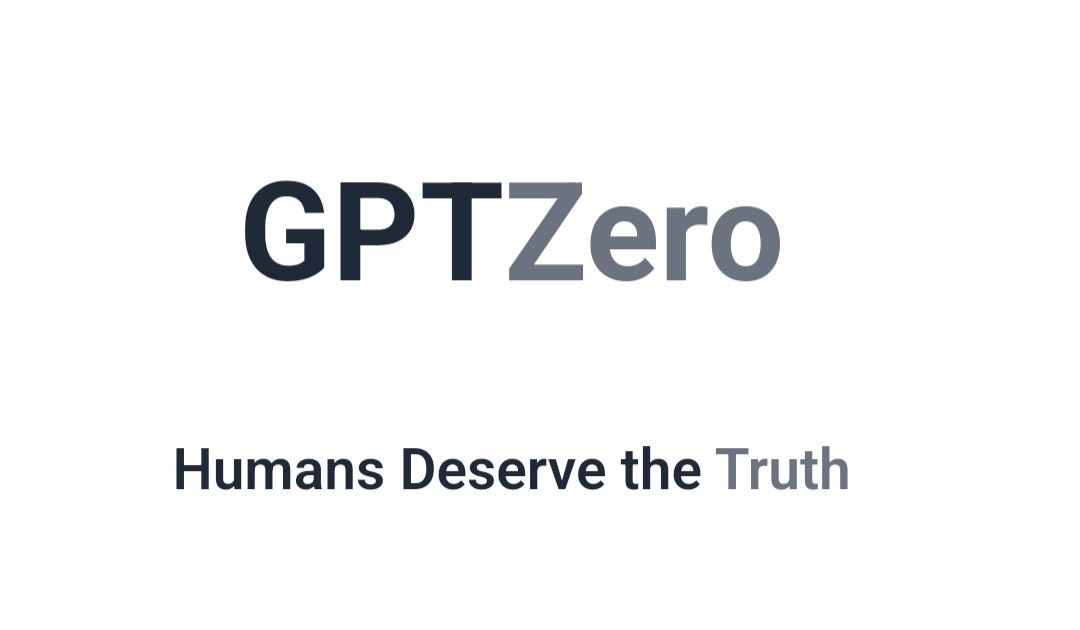
GPTZero is a content detection tool built around a language model, known for its remarkable natural language processing capabilities. It excels in detecting paraphrased and rephrased content while seamlessly integrating with a wide range of platforms. GPTZero is known for its fast processing and reliable results, though it may have some limitations in detecting extremely subtle forms of plagiarism.
Pros:
- Effective at detecting paraphrased and rephrased content.
- Integrates well with various platforms.
- Fast processing and results.
- Cheaper than most options on the market, with the basic plan costing just $10 per month.
Cons:
- It may have limitations in detecting very subtle forms of plagiarism.
Sapling AI Detector
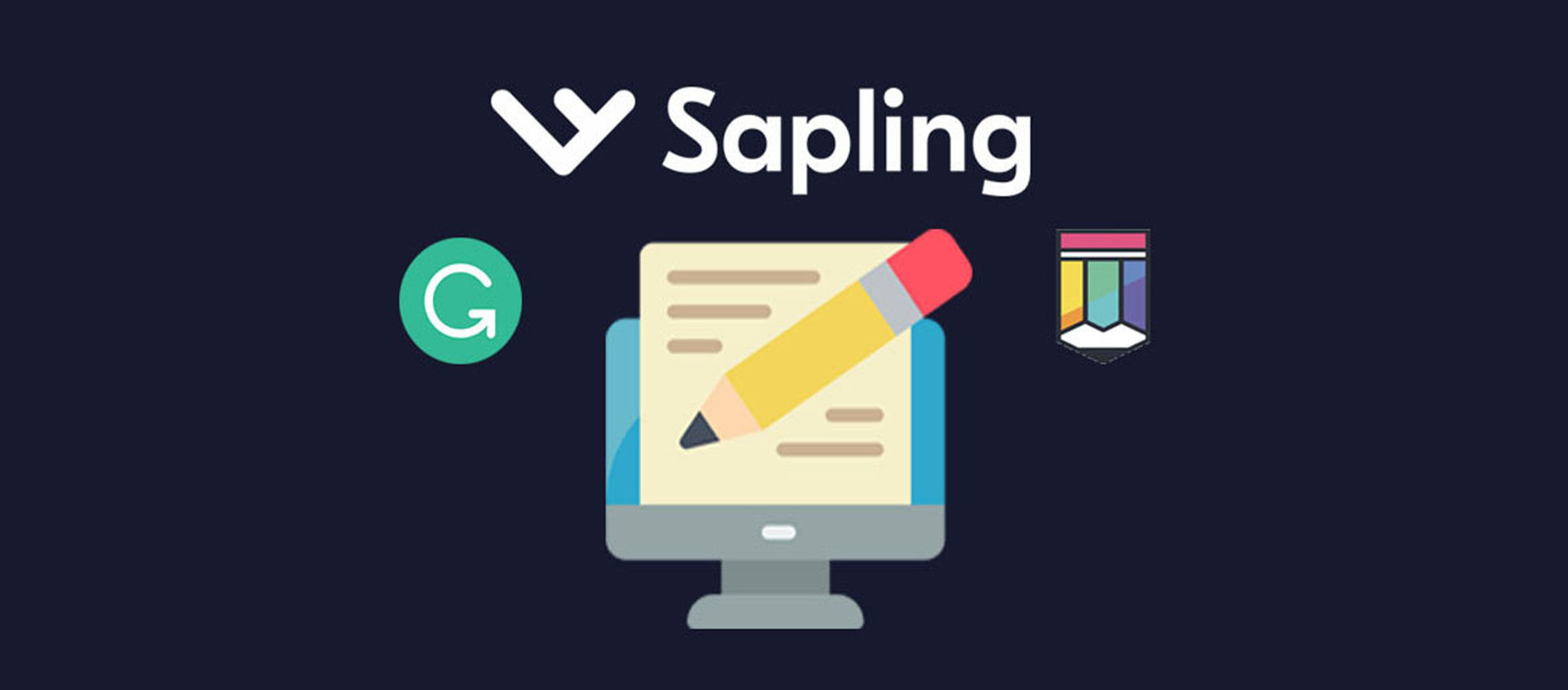
Sapling AI Detector is a specialized AI tool tailored for educational institutions aiming to address plagiarism effectively. It furnishes educators with actionable insights and supports multiple languages and various document types. While Sapling AI Detector provides a robust solution for academic settings, integration with the institution’s systems may be required.
Pros:
- Tailored for educational settings.
- Provides actionable insights for educators.
- Supports multiple languages.
- API easily integrates with popular writing tools like Word and Google Docs.
Cons:
- It may require integration with the institution’s systems.
- The premium version is pricier than most, at $25 per month.
Writer.com AI Content Detector
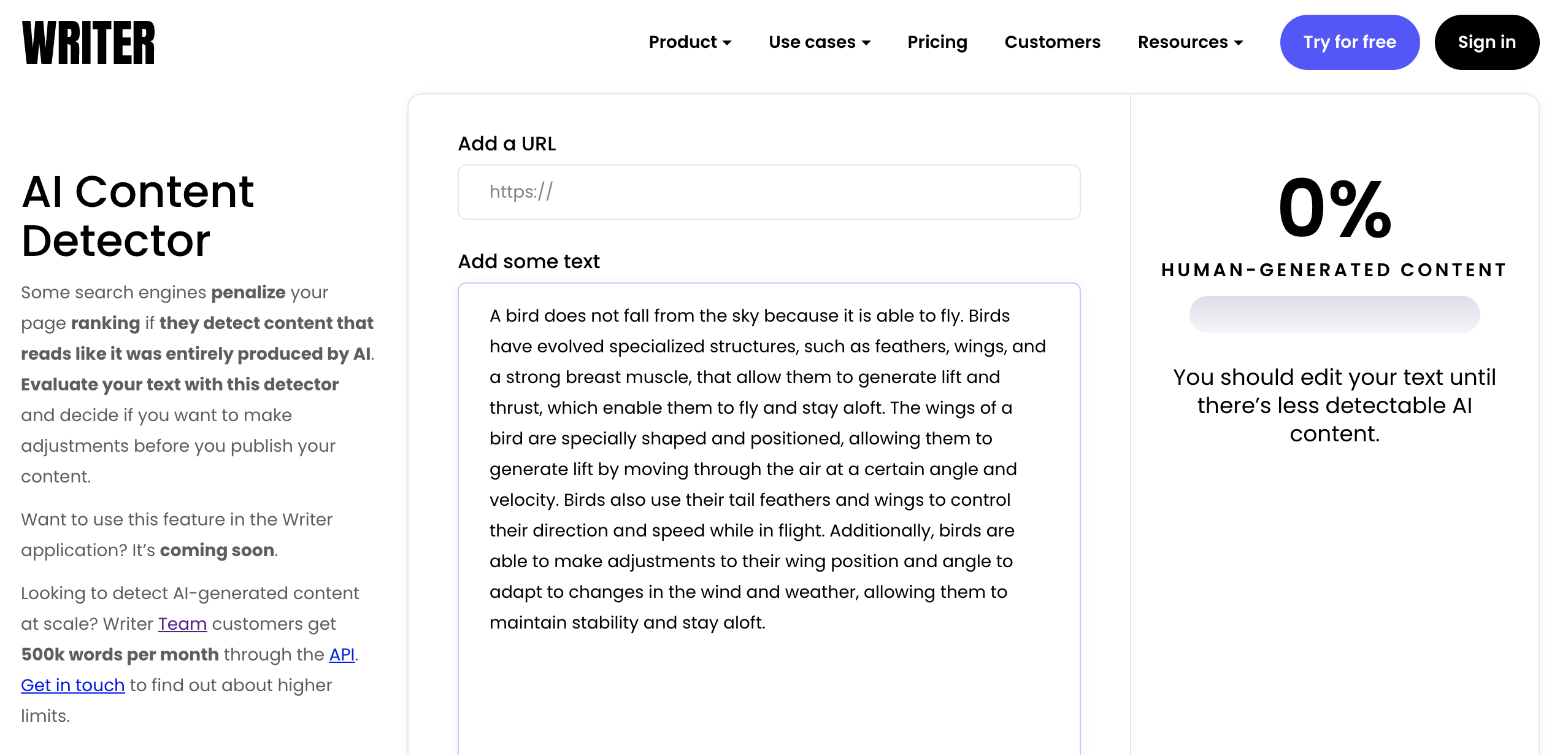
The Writer.com AI Content Detector caters to businesses and content creators seeking to protect their content and brand integrity. It effectively detects content duplication and offers customizable policies and rule sets. Furthermore, AI Content Detector from Writer.com integrates seamlessly with content management systems, ensuring the safeguarding of your valuable content. However, the pricing structure may not be the best fit for smaller businesses.
Pros:
- Detects content duplication to maintain brand integrity.
- Offers customizable policies and rule sets.
- Integrates with content management systems.
Cons:
- The free version is limited to scanning only 1,500 characters at once — or roughly 200-300 words.
Copyleaks
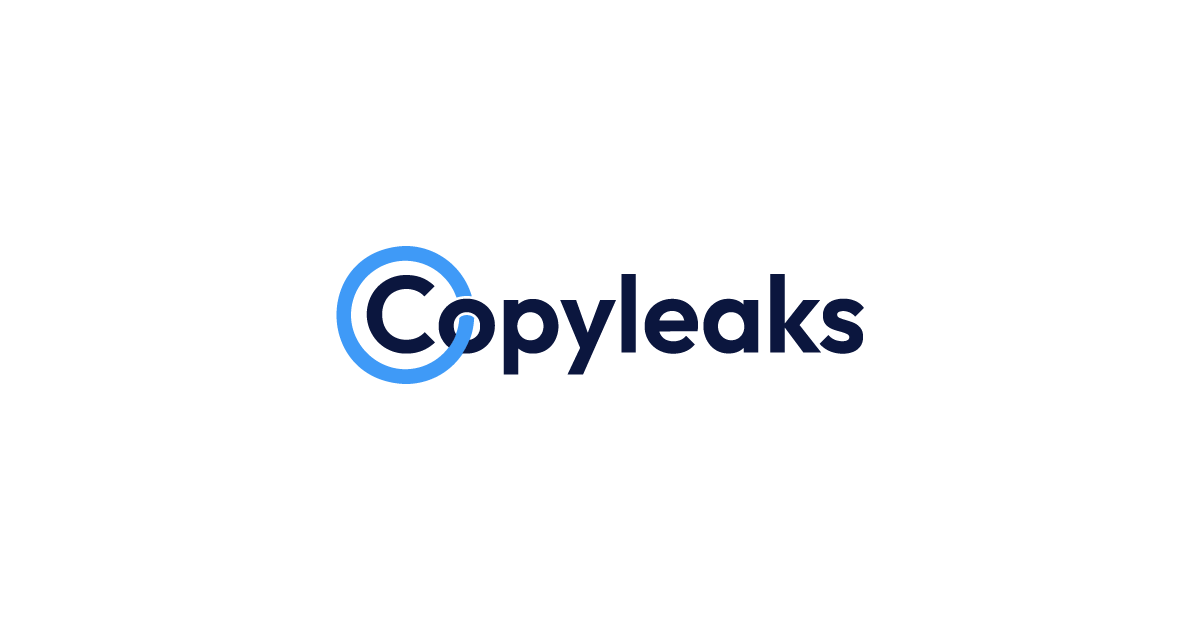
Copyleaks is a well-established AI content detection tool widely used across various sectors. Known for its strong performance in detecting plagiarism, Copyleaks is highly versatile, supporting multiple languages and offering a mobile app for on-the-go checking. It also integrates seamlessly with cloud storage services, making it a practical choice for a broad spectrum of users. Copyleaks also offers a highly customizable premium subscription, which can help save money.
Pros:
- Strong performance in detecting plagiarism.
- Supports multiple languages.
- Offers a mobile app for on-the-go checking.
- Integrates with cloud storage services.
- Highly customizable pricing plan.
Cons:
- Doesn’t offer a score, but rather a “thumbs up” or “thumbs down” answer for whether content has been AI-written.
Contentful
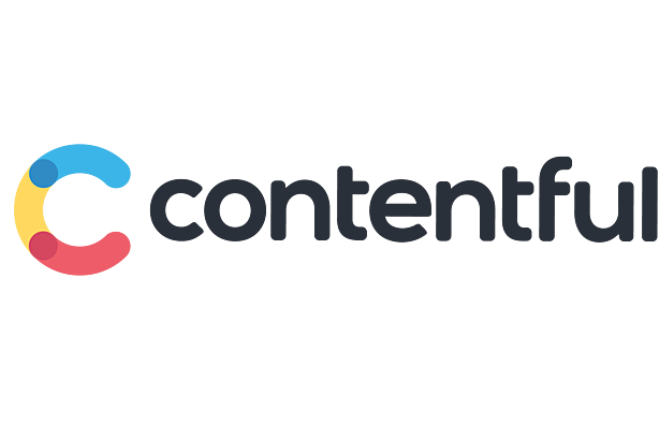
Contentful is a comprehensive content management platform that includes AI-powered content detection features. While not exclusively dedicated to content detection, it boasts seamless integration with content creation and management, offering customizable content workflows. Contentful efficiently manages and publishes content across various platforms, making it an attractive choice for businesses with diverse content needs. However, it may not be as specialized in plagiarism detection as dedicated tools.
Pros:
- Seamlessly integrates with content creation and management.
- Customizable content workflows.
- Efficiently manages and publishes content across various platforms.
Cons:
- Not as specialized in plagiarism detection as dedicated tools.
- CrossPlag AI Content Detector
CrossPlag AI Content Detector
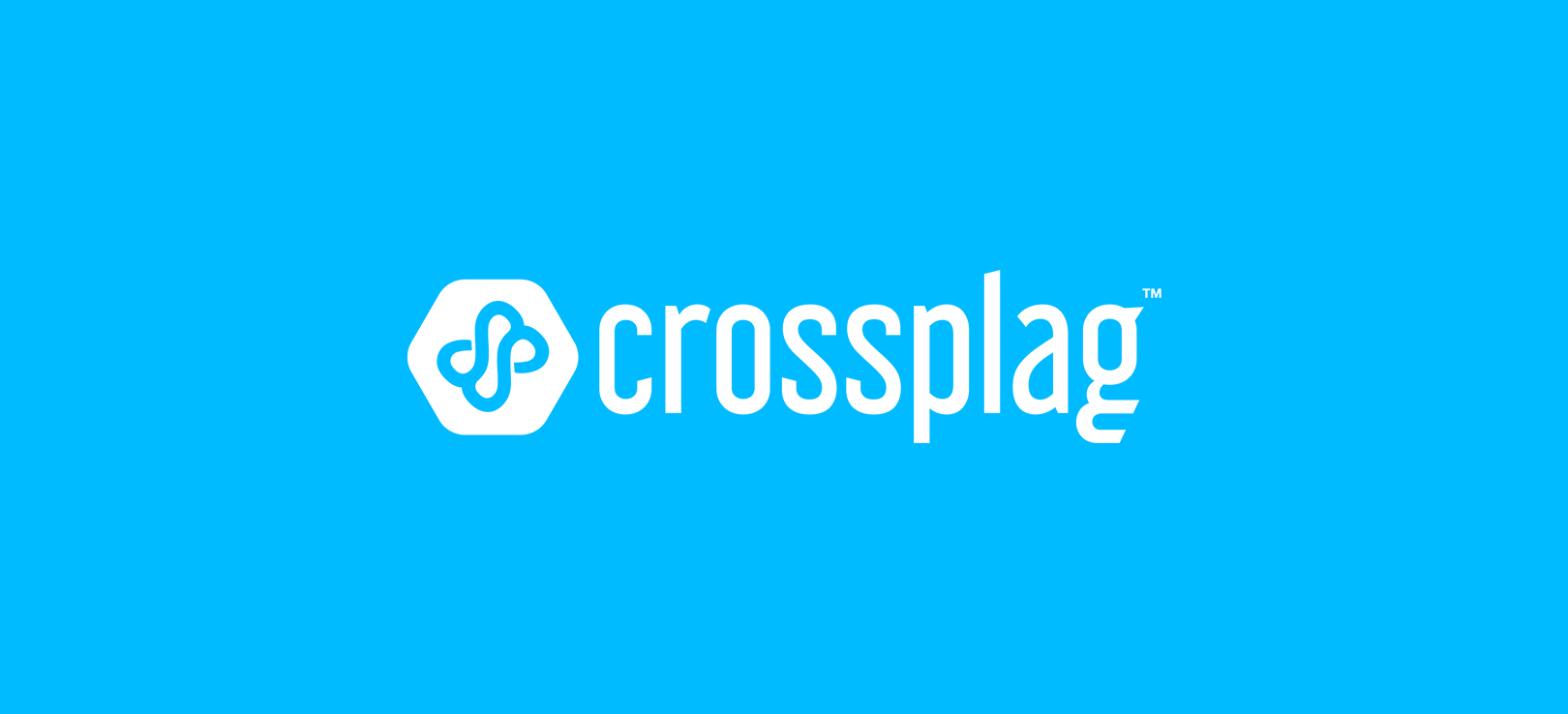
CrossPlag AI Content Detector is a lesser-known option that caters to users looking for an affordable yet effective solution. It excels in detecting plagiarism across multiple languages and provides an API for integration with other systems. CrossPlag offers affordable pricing options, making it accessible to users with budget constraints. However, it does lack some of the advanced features found in larger competitors such as scanning URLs, or simultaneous plagiarism scanning.
Pros:
- Can detect plagiarism across multiple languages.
- Provides an API for integration with other systems.
- Offers affordable pricing options.
Cons:
- No URL scanning or simultaneous plagiarism scanning.
- Content at Scale
Content at Scale
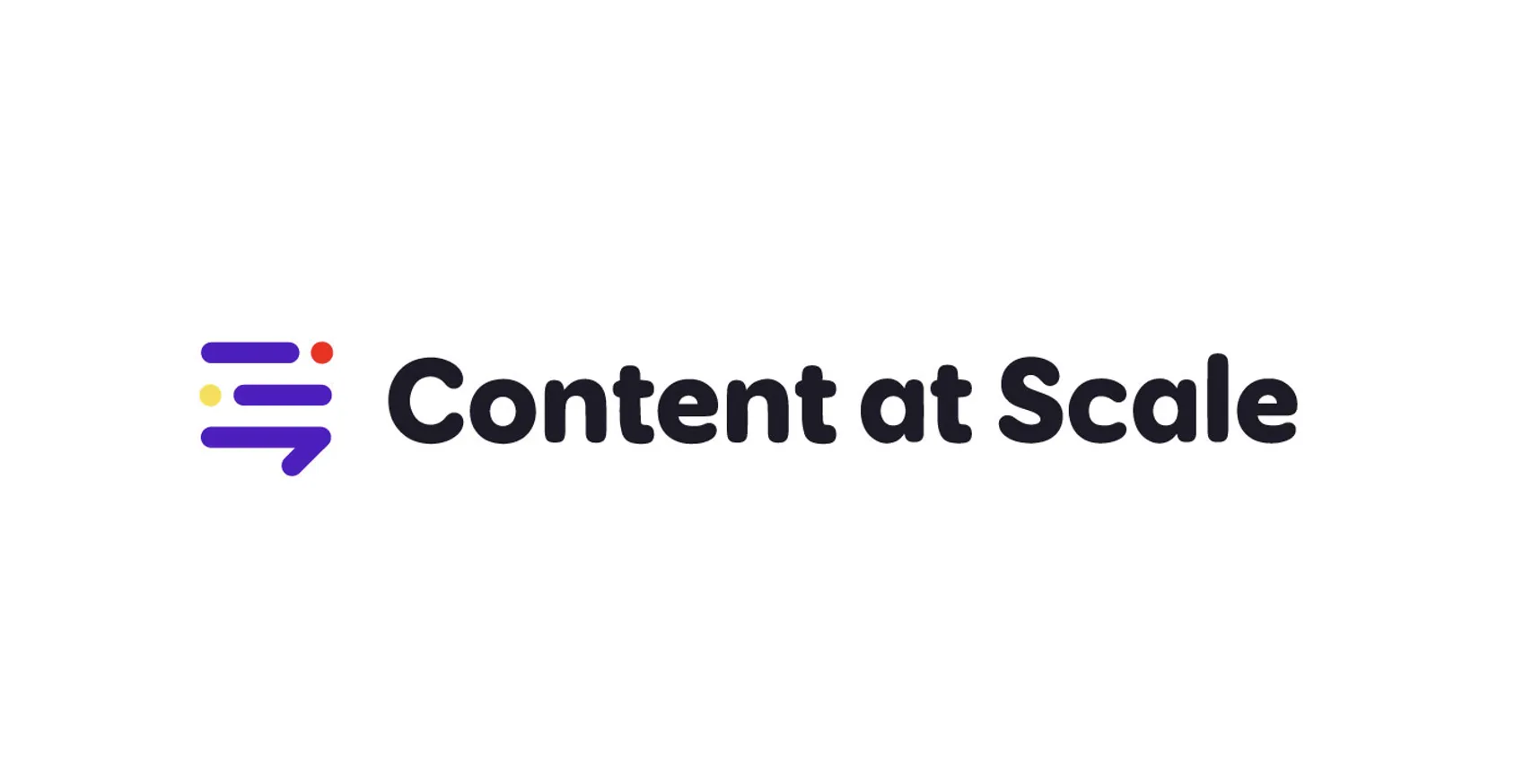
Content at Scale is a comprehensive content verification platform encompassing AI-powered content detection. It not only focuses on detection but also offers a range of content services beyond that, including the ability to write unique content that is well-researched and plagiarism-free. Supporting multiple languages, Content at Scale provides customizable content verification processes suitable for enterprises with diverse content needs. However, its wealth of features comes at a high cost, which can be a concern for small businesses and individual users.
Pros:
- Offers a range of content services beyond detection, including AI content writing.
- Supports multiple languages.
- Customizable content verification processes.
- Scalable for enterprises.
Cons:
- Price starts at $250 per month.
AISEO

AISEO excels in detecting content duplication and provides valuable SEO recommendations to improve content ranking. Additionally, AISEO integrates seamlessly with popular content management systems, further simplifying the whole process. With that said, the pricing model may not be suitable for smaller websites, with many features locked behind higher price tiers.
Pros:
- Effective content duplication detection.
- Offers SEO recommendations for improved content ranking.
- Integrates with popular content management systems.
Cons:
- Pricing may not be suitable for smaller websites.
Overall, your choice of AI content detector should depend on your own specific needs, whether you’re an educator, content creator, or a student, as well as your budget. Each of these tools mentioned has its own strengths and weaknesses, and by carefully considering their pros and cons, you can select the one that best suits your requirements.
FAQ
Can Turnitin detect ChatGPT?
Yes, Turnitin and similar AI content detectors can detect content generated by ChatGPT.
How good is Turnitin at detecting ChatGPT?
Turnitin and similar tools are quite effective at identifying content generated by ChatGPT due to their advanced algorithms.
Can Canvas detect ChatGPT?
Canvas can detect content generated by ChatGPT when integrated with a suitable AI content detection tool.
Can universities detect ChatGPT?
Yes, it’s highly likely that universities utilize AI content detectors for detecting content generated by Chat GPT and similar tools. With that said AI content detectors are not perfect and sometimes cannot properly detect AI-written content.
Can Gradescope detect ChatGPT?
Yes, Gradescope and other similar platforms can identify content created by ChatGPT when equipped with AI content detection capabilities.
Can Packback detect ChatGPT?
Yes, Packback can detect content generated by ChatGPT with the assistance of AI content detectors.


